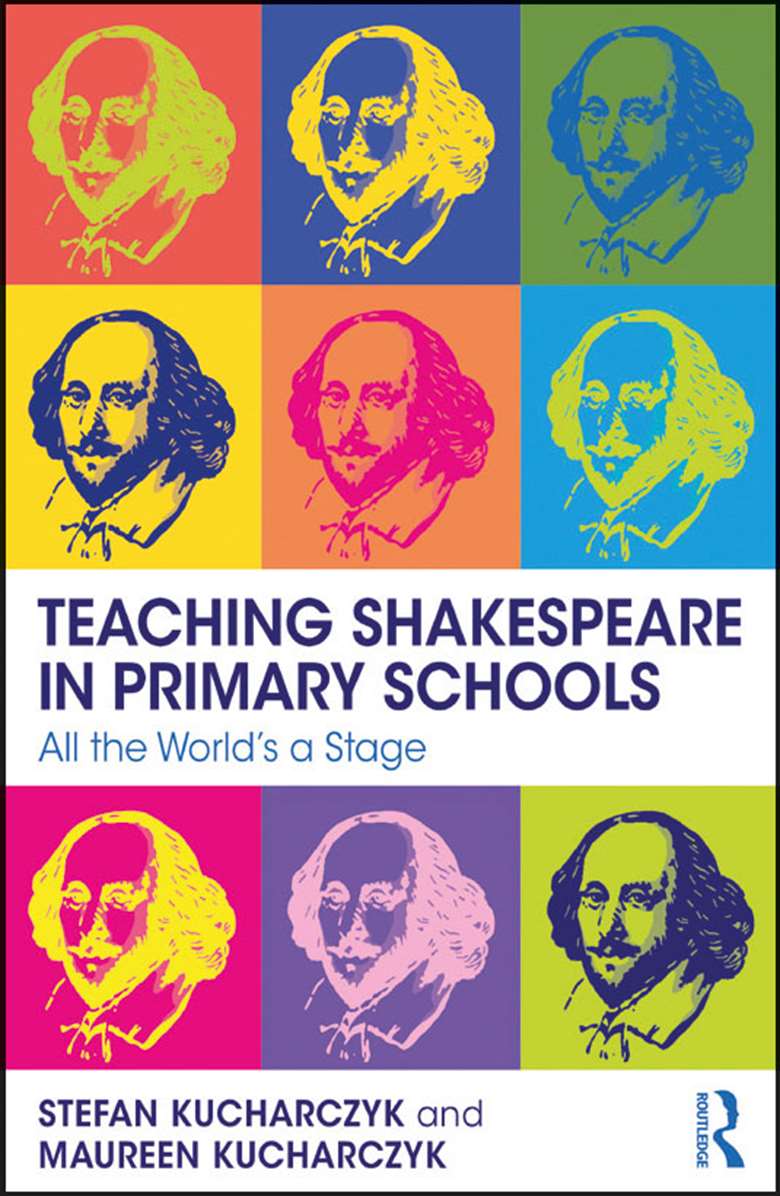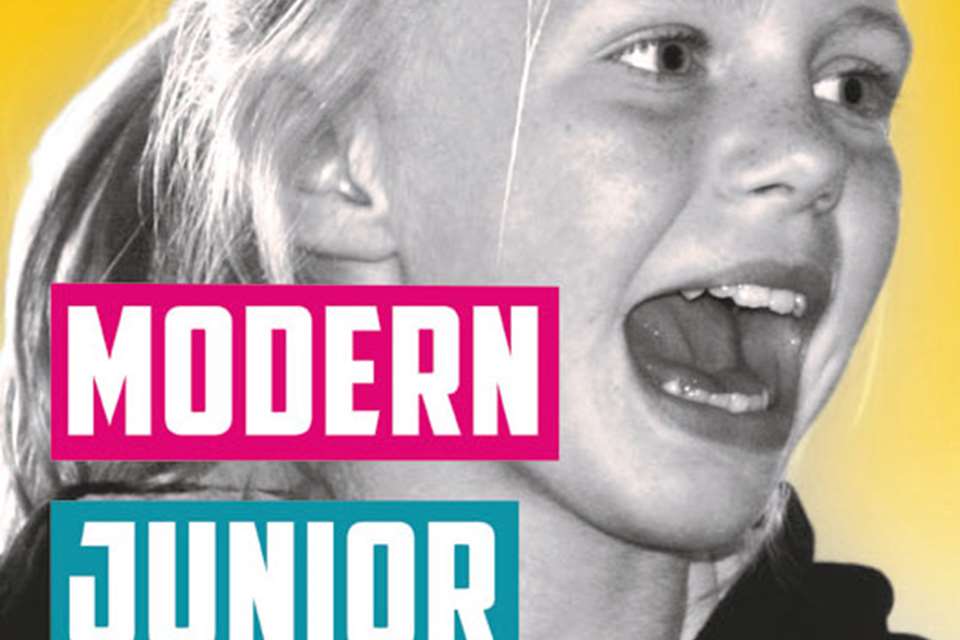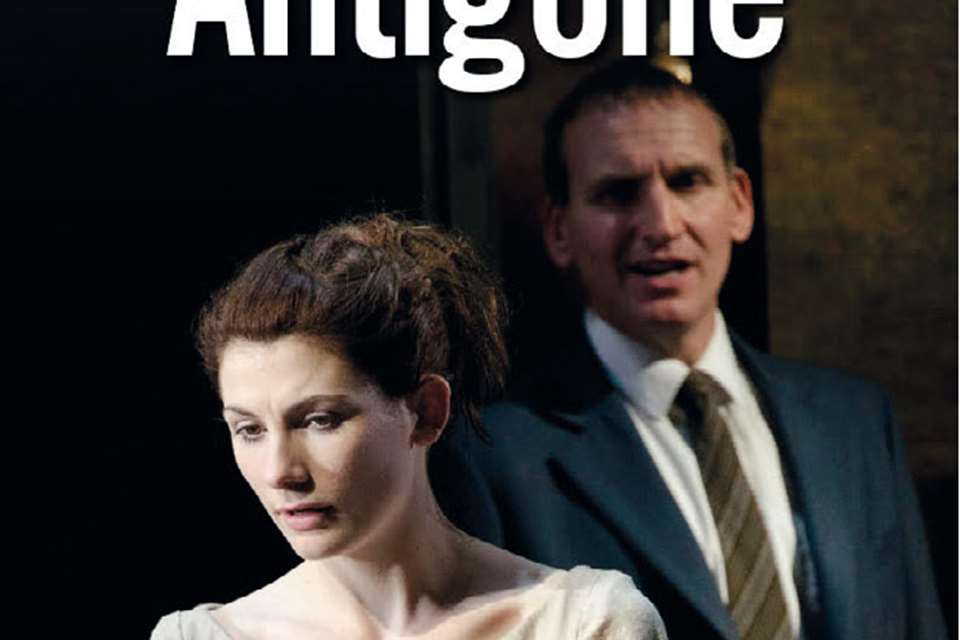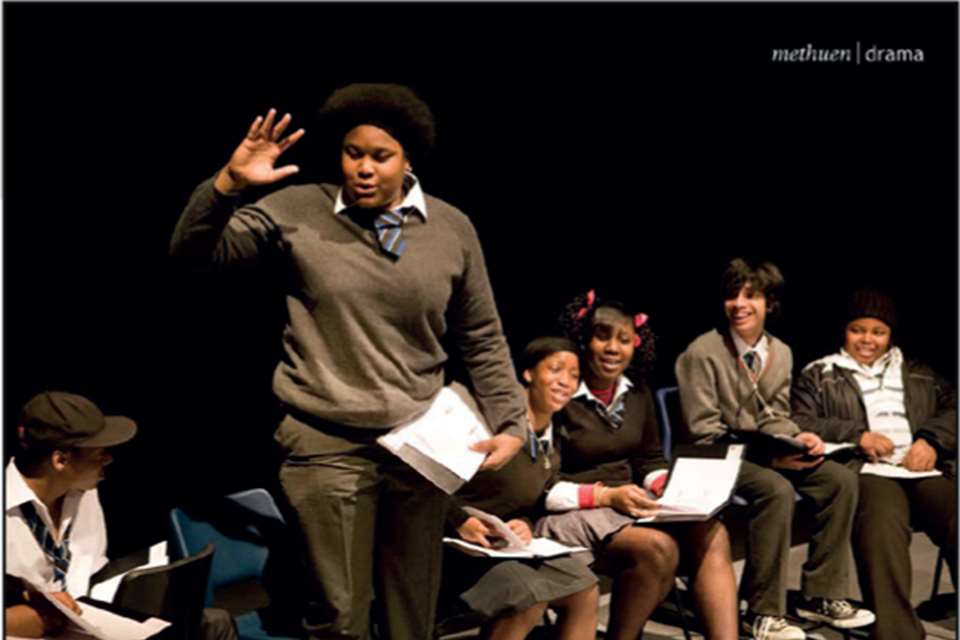Book reviews: Teaching Shakespeare in Primary Schools by Stefan and Maureen Kucharczyk
John Johnson
Thursday, December 1, 2022
'An introduction to Shakespeare for younger pupils, more suitable for an English curriculum,' says John Johnson on Teaching Shakespeare in Primary Schools by Stefan and Maureen Kucharczyk.

Approaching the teaching of Shakespeare in schools is never an easy task, but this is perhaps even more challenging when it comes to passing on knowledge of the bard to the youngest pupils. Stefan and Maureen Kurcharczyk have written a handy guide with Teaching Shakespeare in Primary Schools that offers some excellent guidance for working with primary school pupils, but it could equally be helpful to those teaching Drama and/or English at secondary level, particularly KS3.
Essentially, the book is split into two parts. The first explores the context and rationale for teaching Shakespeare today. This includes answering the question of why we teach Shakespeare in primary schools and the relevance of Shakespeare in the 21st century, exploring his plays through reading, drama and writing.
The third chapter, ‘Words and deeds’, was most useful, offering ways to explore Shakespeare's language in the classroom. There are some excellent practical exercises that could be used in an English or Drama lesson, with the troubleshooting drama section offering tips in how to engage children who won't participate or evidencing your drama lessons. The ‘Drama Toolbox’ offers six exercises to use in exploring Shakespeare's plays. Although they are fairly basic (and probably already used by many Drama teachers), they are a good starting point.
Part two offers schemes of work focused on developing a whole-school approach to teaching Shakespeare in primary literacy. This covers schemes based on The Tempest for Year 1, A Midsummer Night's Dream, for Year 2, Romeo and Juliet for Year 3, Julius Caesar for Year 4, Macbeth for Year 5 and The Winter's Tale for Year 6. The schemes offer a brief overview of each play and then split up activities based on different sections of the plot. They are heavy on English reading and writing with some Drama/English spoken language exercises also offered.
The schemes are well structured, with activities split into a sequence of stages from ‘inspiration’ to ‘application’. The schemes perhaps belong in an English classroom, rather than in a drama studio, but there are certainly some useful exercises that could be applied to a primary school or KS3 standalone drama exploration. The use of ‘conscience tunnel’ and ‘hot seating’ to explore the finding of a baby in A Winter's Tale could encourage pupils to reflect on a moral dilemma, for example.







